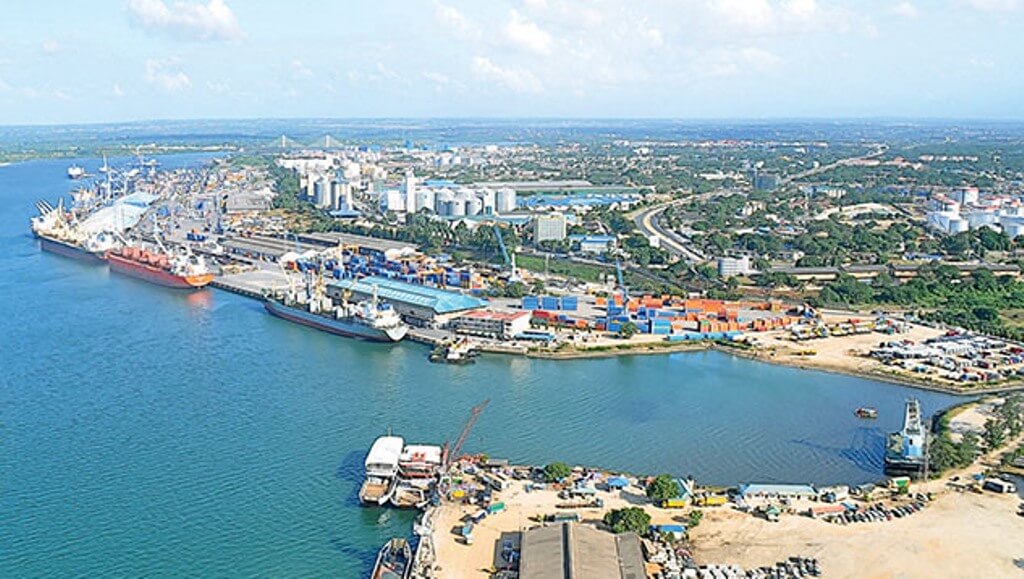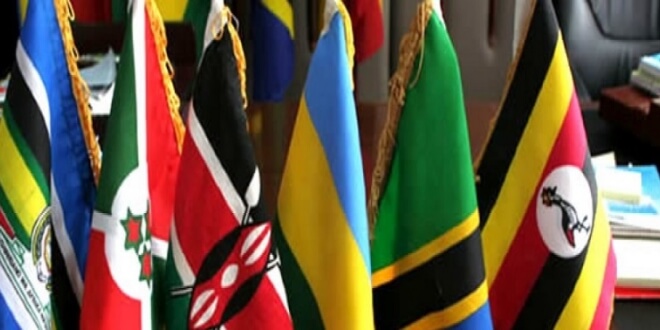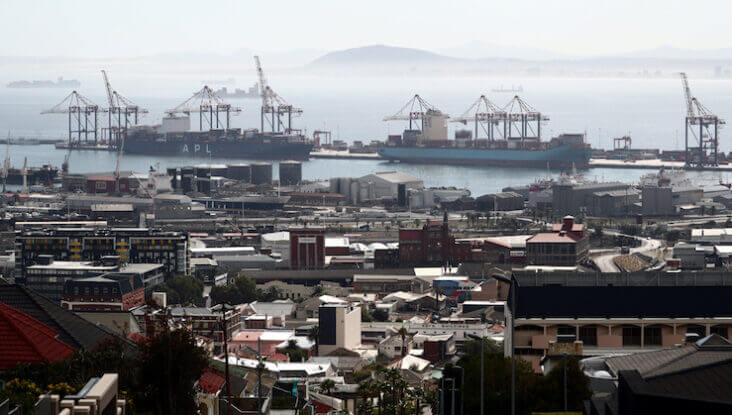COVID-19 is a global pandemic that has killed over 200 000 people, more than the World War II as observed by the UN Secretary General Antonio Gueterres. The IMF has summed the pandemic’s economic effects as the Great Lockdown that far exceeds effects of the 1930s Great Depression. Domestic and international trade has stalled save for trade in pharmaceuticals, protective equipment and other life-saving essentials as countries have closed their borders in an effort to contain the spread of the coronavirus. Stalling operationalisation of the African Continental Free Trade Agreement may be one of the major casualties of Covid-19 as discussions to postpone AfCFTA to January 2021 gain momentum. The rationale behind stalling AfCFTA in the face of the marauding Covid-19 is grudgingly acceptable as it sadly means delaying the onset of Africa’s industrialisation. AfCFTA is premised on the success associated with trade liberalisation which is also linked to trade facilitation. While in the short term, Micro Small Medium Enterprises (MSMEs) and women businesses may not benefit from trade liberalisation, it is in the long term that the country experiences welfare gains. This will be evident in growth of MSMEs, increased competition, economies of scale, reduced trade barriers, total growth of the economy, employment creation and positive flows to the fiscus. Women-owned businesses and MSMEs account for almost 70 percent of informal cross border trade. Women have been disproportionately affected by Covid-19 due to the multiple roles they play in the economy as workers, traders, tax payers and consumers. As...
Impact of Covid-I9 on international trade
Posted on: May 5, 2020
Posted on: May 5, 2020























